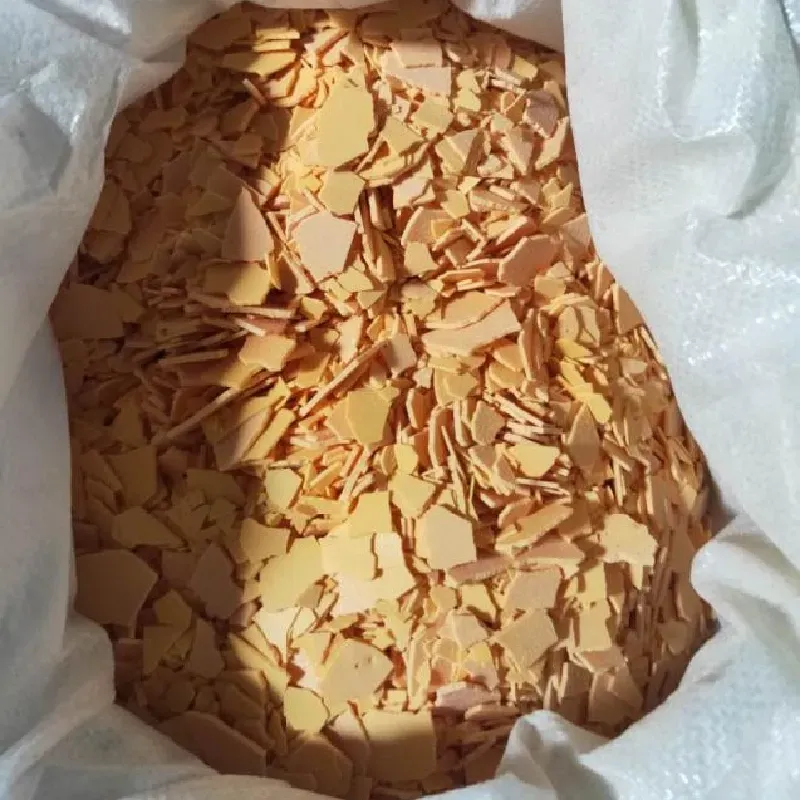
Key Mining Chemicals for Modern Extraction
In the ever-evolving world of mining, the right chemicals play an essential role in improving efficiency, safety, and environmental impact. Among the most widely used are mining chemicals, including cyanide in gold mining, froth flotation reagents, and soda ash in mining. These chemicals help optimize extraction processes, making mining operations more sustainable and productive. This article will explore how these chemicals are used and why they are crucial in today's mining industry.

The Role of Químicos para minería in Modern Extraction
Mining chemicals are crucial in a variety of extraction processes, enabling the efficient separation of valuable minerals from ores. These chemicals are used for everything from ore flotation to chemical leaching, and they help increase the yield of metals, reduce waste, and minimize environmental impact. In many cases, mining chemicals are designed to facilitate specific processes, such as flotation, leaching, or smelting, each tailored to the material being extracted. The mining industry relies heavily on these chemicals to meet the demand for metals, including gold, copper, and other precious resources, all while adhering to increasingly stringent environmental regulations.
The Use of Cyanide in Gold Mining
One of the most well-known mining chemicals is cyanide in gold mining, which has been used for over a century to extract gold from low-grade ores. Cyanide is particularly effective in gold extraction because it binds to gold, allowing it to be separated from the ore in a liquid form. Although controversial due to its toxicity, cyanide remains an essential part of gold mining operations, particularly in large-scale commercial extraction. Modern advancements, however, focus on minimizing the environmental risks associated with cyanide use by improving containment systems and developing more sustainable alternatives. The use of cyanide in gold mining continues to be refined to increase its safety and reduce its ecological footprint.
The Impact of Froth Flotation Reagents in Mineral Processing
In mineral processing, froth flotation reagents play a crucial role in separating valuable minerals from gangue. This process involves mixing ground ore with water and chemicals, where the froth flotation reagents selectively attach to specific minerals, causing them to float to the surface for easy extraction. These reagents can include surfactants, collectors, frothers, and modifiers, each serving a specific purpose in ensuring a high recovery rate and purity of the target mineral. Whether it's copper, lead, or zinc, froth flotation reagents make it possible to efficiently extract minerals from complex ores. The use of these reagents is widespread in the mining of non-ferrous metals, helping to drive the productivity and profitability of mining operations.
Soda Ash in Mining: A Versatile and Essential Chemical
Soda ash is another essential mining chemical used across multiple applications, particularly in the extraction of minerals and the production of various industrial products. Soda ash is commonly used in the flotation process to modify the pH of the slurry, which optimizes the separation of certain minerals during extraction. It also plays a role in processing phosphate rock and other materials, helping to enhance the efficiency of mineral separation and improving product quality. The versatility of soda ash in mining operations, from ore processing to environmental treatment, makes it indispensable in the global mining industry.
The Future of Químicos para minería in Sustainable Practices
The use of mining chemicals is evolving, with a growing focus on sustainability and reducing environmental impacts. Innovations are driving the development of safer, more effective chemicals for use in gold mining, mineral flotation, and other processes. As the demand for minerals continues to rise, the mining industry must find ways to reduce its ecological footprint while maintaining or improving efficiency. Sustainable alternatives to cyanide, non-toxic froth flotation reagents, and more eco-friendly sources of soda ash are becoming a priority for mining companies. As regulations become more stringent, mining chemicals will continue to evolve to meet the needs of a more environmentally conscious world.
In conclusion, mining chemicals, including cyanide in gold mining, froth flotation reagents, and soda ash in mining, play a critical role in the success of modern mining operations. These chemicals are integral to improving the efficiency, safety, and environmental sustainability of the extraction processes. As the mining industry looks to the future, continued research and development will ensure that mining chemicals remain at the forefront of technological advancements, providing essential solutions for the mining challenges of tomorrow.
-
Sodium Dichloroisocyanurate Safety Handling ProtocolsNoticiasJul.29,2025
-
Mining Chemicals for Copper Extraction Processes GuideNoticiasJul.29,2025
-
Fertilizer for Sale Shipping and Storage TipsNoticiasJul.29,2025
-
Dimethyl Disulfide as Sulfurizing AgentNoticiasJul.29,2025
-
Benzotriazole Safety Data Handling and Storage GuidelinesNoticiasJul.29,2025
-
Ammonium Bicarbonate Safety Handling Storage GuidelinesNoticiasJul.29,2025
-
The Transformative Role Of Trichloroisocyanuric Acid in Water TreatmentNoticiasJul.23,2025
Hebei Tenger Chemical Technology Co., Ltd. se centra en la industria química y está comprometida con el servicio de exportación de materias primas químicas.
-

ver más DiethanolisopropanolamineIn the ever-growing field of chemical solutions, diethanolisopropanolamine (DEIPA) stands out as a versatile and important compound. Due to its unique chemical structure and properties, DEIPA is of interest to various industries including construction, personal care, and agriculture. -

ver más TriisopropanolamineTriisopropanolamine (TIPA) alkanol amine substance, is a kind of alcohol amine compound with amino and alcohol hydroxyl, and because of its molecules contains both amino and hydroxyl. -

ver más Disulfuro de tetrametiltiuramEl disulfuro de tetrametiltiuram, también conocido como TMTD, es un polvo de color blanco a amarillo claro con un olor distintivo parecido al azufre. Es soluble en disolventes orgánicos como benceno, acetona y acetato de etilo, lo que lo hace muy versátil para su uso en diferentes formulaciones. TMTD es conocido por sus excelentes propiedades de aceleración de la vulcanización, lo que lo convierte en un ingrediente clave en la producción de productos de caucho. Además, actúa como fungicida y bactericida eficaz, lo que lo hace valioso en aplicaciones agrícolas. Su alta pureza y estabilidad garantizan un rendimiento constante, lo que lo convierte en la opción preferida de los fabricantes de diversas industrias.











